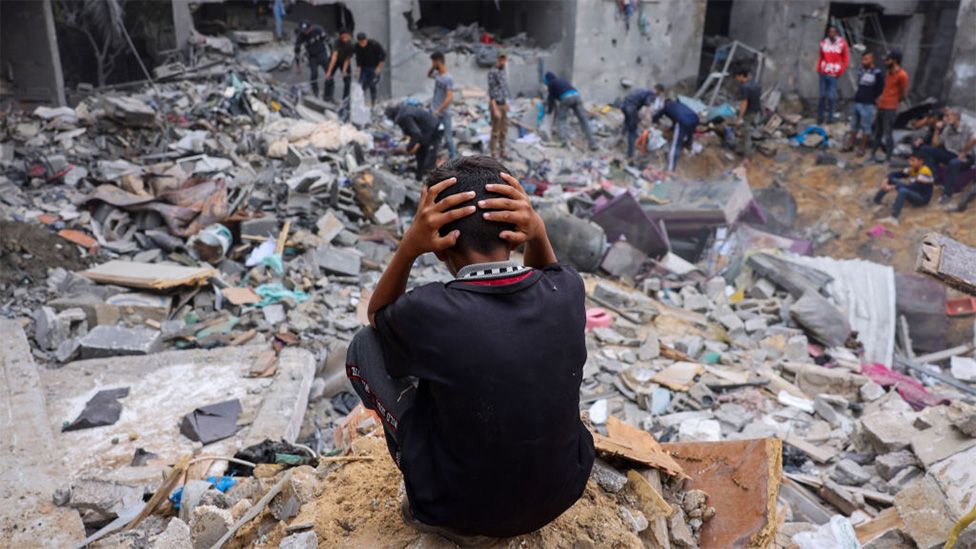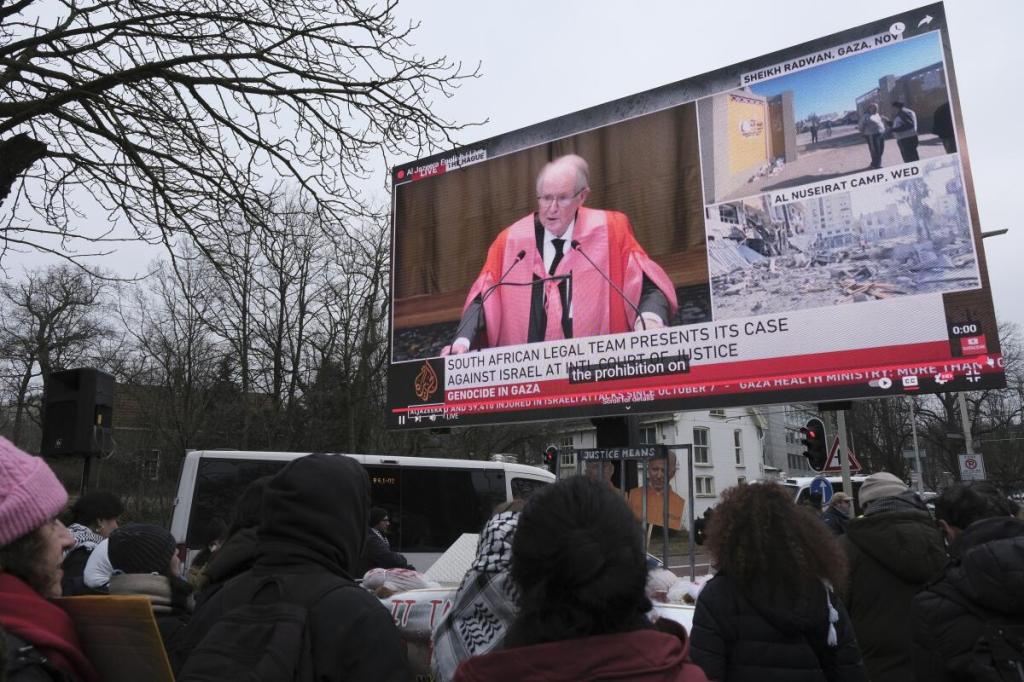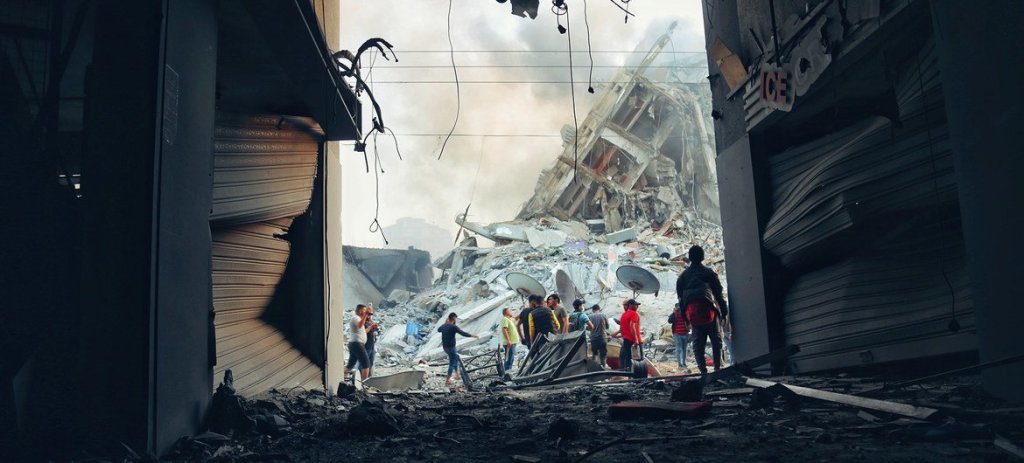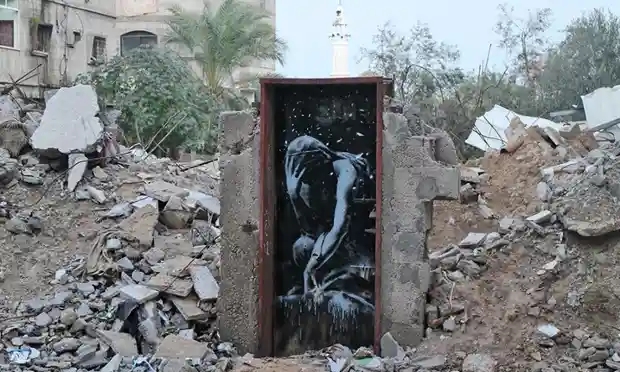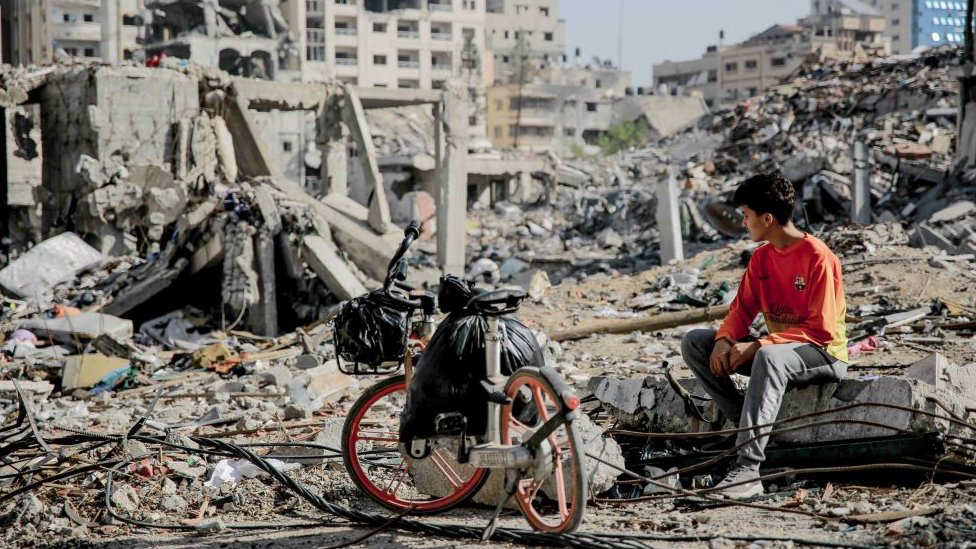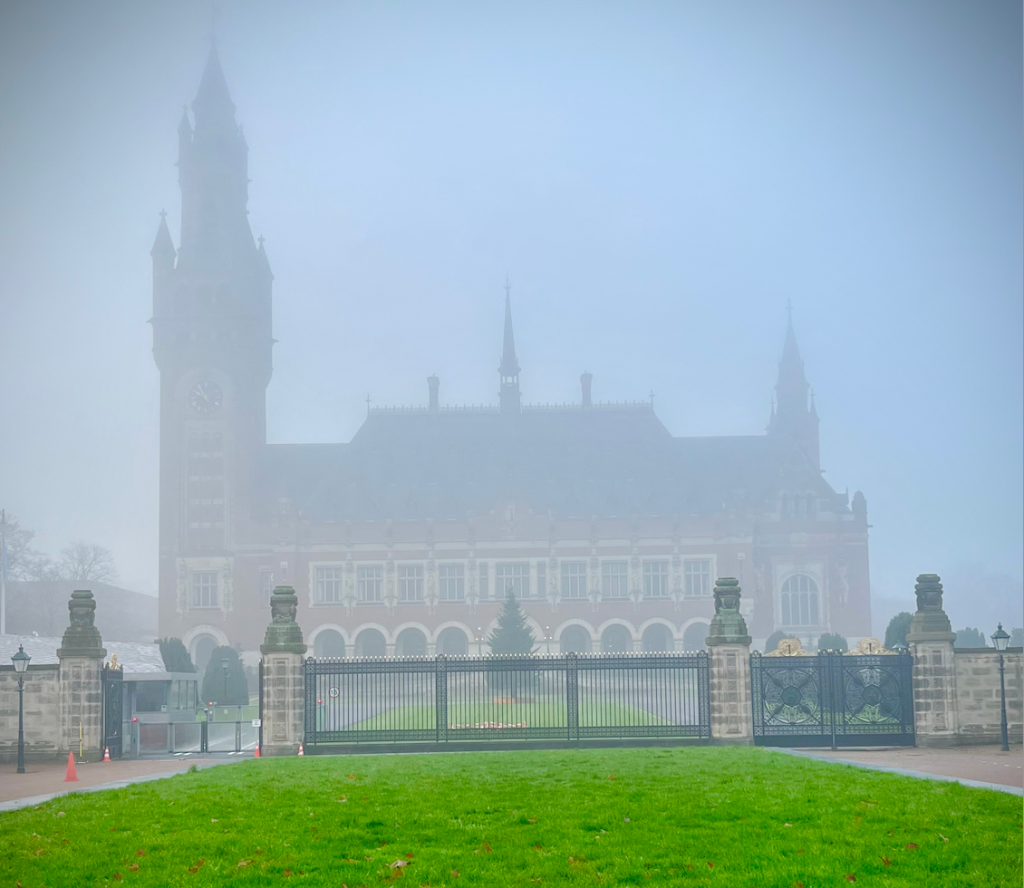The following is a guest post by Thomas Obel Hansen. Thomas is the Maria Zambrano 2023-24 Distinguished Researcher with the Universidad Carlos III de Madrid (Spain) and a Senior Lecturer in Law with Ulster University Law School/ Transitional Justice Institute (UK).
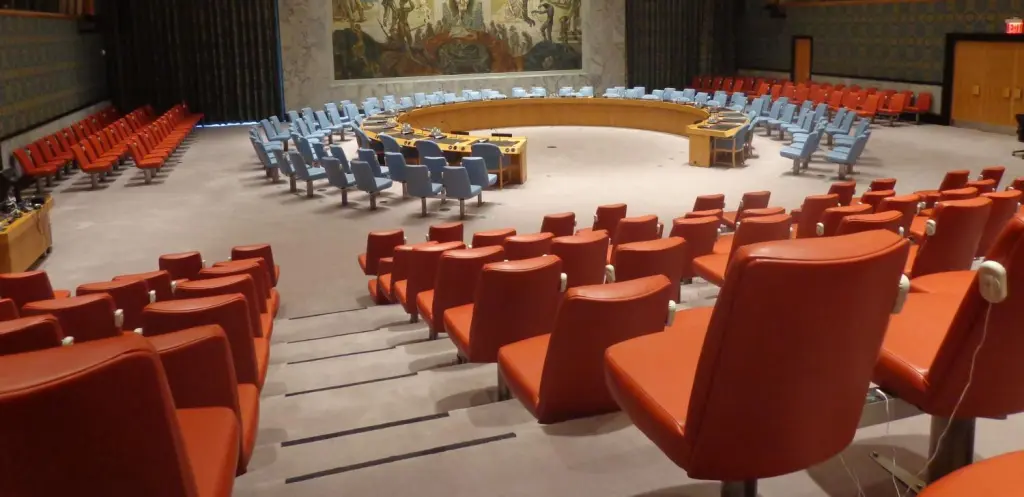
For almost six months, the United Nations Security Council (UNSC) had been unable to reach an agreement to take meaningful action with regard to the Gaza War. But on 25 March, the UNSC finally adopted Resolution 2728 (2024). The operative paragraphs of the resolution states that the UNSC:
1. Demands an immediate ceasefire for the month of Ramadan respected by all parties leading to a lasting sustainable ceasefire, and also demands the immediate and unconditional release of all hostages, as well as ensuring humanitarian access to address their medical and other humanitarian needs, and further demands that the parties comply with their obligations under international law in relation to all persons they detain.
2. Emphasizes the urgent need to expand the flow of humanitarian assistance to and reinforce the protection of civilians in the entire Gaza Strip and reiterates its demand for the lifting of all barriers to the provision of humanitarian assistance at scale, in line with international humanitarian law as well as resolutions 2712 (2023) and 2720 (2023)
Resolution 2728 passed by a vote of 14 in favor to none against, with the U.S. abstaining.
From the moment that Resolution 2728 was adopted, a debate was triggered as to whether the resolution creates legally binding law. Hannah Birkenkötter has already offered insightful reflections on this question, concluding that the resolution is indeed legally binding since it effectively makes a ‘decision’. That UNSC resolutions which make ‘decisions’ are legally binding ought to be absolutely clear. Article 25 of the UN Charter has been interpreted by the International Court of Justice ICJ in the Namibia Advisory Opinion in 1971 to imply that any decision by the UNSC is legally binding, even if it does not explicitly use the term ‘decision’ and even if it is not adopted under Chapter VII of the UN Charter.
What is the U.S. and other States saying?
On the same day the resolution was passed, U.S. State Department spokesperson Matthew Miller made clear the U.S. view that the resolution is “a non-binding resolution” (a point also made by U.S. representative to the UN, Linda Thomas-Greenberg in the context of the resolution’s adoption). Asked if he expected Israel would announce a ceasefire in light of the Resolution 2728, Matthew Miller responded: “I do not”. White House National Security Spokesperson John Kirby similarly stated: “it’s a nonbinding resolution. So, there’s no impact at all on Israel and Israel’s ability to continue to go after Hamas”, further emphasizing that the U.S. abstaining on its vote “does not — I repeat — does not represent a shift in our policy”.
Continue reading

